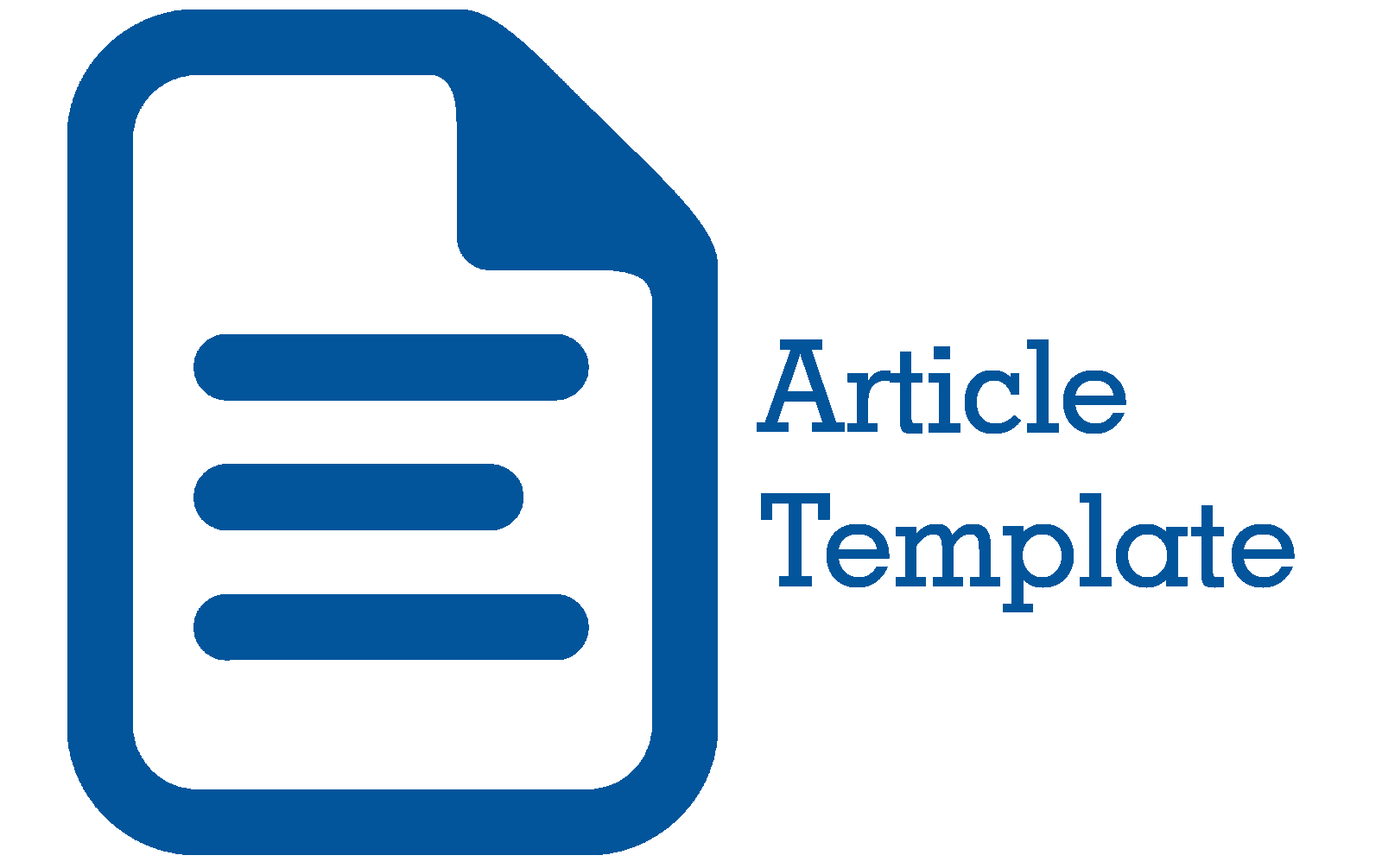THE DEVELOPMENT OF TRAINING MODEL FOR ADMINISTRATIVE LEADERSHIP COMPETENCE BASED ON ACTION-BASED LEARNING IN UNIVERSITY
Sulastri Sulastri(1*), Nurhizrah Gistituati(2), Neviyarni S(3), Hasdi Aimon(4)
(1) Education of Manajemen, Faculty of Education, Universitas Negeri Padang, Padang, 25131, Padang
(2) Education of Manajemen, Faculty of Education, Universitas Negeri Padang, Padang, 25131, Padang
(3) Counseling Guidance Department, Faculty of Education, Universitas Negeri Padang, Padang, 25131, Padang,
(4) Economic Department, Faculty of Economic, Univesitas Negeri Padang, Padang, 25131, Padang
(*) Corresponding Author
Abstract
Introduction/Main Objectives: This research is motivated by the findings of the preliminary research conducted at the administrative leaders at Universitas Negeri Padang. Background Problems: Less optimal leadership competency in administrative leadership in terms of change management, conflict management, communication, decision making, team building, and the ability to improve performance. Novelty: This model can support any program and support the expansion of the master program and/or development of the doctoral level in leadership and management of higher education, especially for the development of the capacity of structural leaders. Furthermore, this model has a very large contribution also to increase the capacity building of universities. In addition, this model can be used as the basis for opening a special study program for leaders, in increasing their leadership competence. Research Methods: This research is a development research using ADDIE model which consists of five stages, namely Analysis, Design, Development, Implementation, and Evaluation. In accordance with the results of preliminary research that has been done, then the model is developed through a process of self-evaluation, Focus Group Discussion (FGD), one to one trial and small group testing and large group testing. Research data were collected using a questionnaire, observation, and a questionnaire. The collected data is analyzed using descriptive statistics and inferential statistics. Finding/Results: This study produced 4 (four) products, namely model book, material book, instructor guidebook and participant guidebook. These products were declared to be very valid by experts both in terms of construction, content and linguistic aspects so that they were suitable for use. Practicality test results show that it is very practical for the four products that have been developed.Conclusion: Furthermore, this model has a very large contribution also to increase the capacity building of universities.
Keywords
Full Text:
PDF ARTICLEReferences
Basri, Hasan. (2015). Manajemen Pendidikan dan Pelatihan. Bandung: CV Pustaka Setia.
Black, S. A. (2015). Qualities of effective leadership in higher education. Open Journal of Leadership, 4(02), 54.
Boonying Varinthorn, Naresuan. (2012). Training Needs Policies Based On The Development Of Leadership Competencies For Heads Of Public Sectors In Thailan. International Journal of Arts & Sciences, CD-ROM. ISSN: 1944-69345(1):497–506. University, Thailand.
Boshyk, Y. dan Dilworth, R., L. (2010). Action learning: History and evoluation. Basingstoke: Palgrave macmillan.
Cho Y, dan Bong, H. C. (2010). Identifying balanced action learning; case of south korean practices”. Action Learning: Research and Practice, 7 (2) 137-150).
Jones, Brenda, B and Brazzel, Michael. The Ntl Handbook Of Organization Development and Change. San Franciso: Pfeiffer.
Karim, A., Mardhotillah, N. F., & Samadi, M. I. (2019). Ethical leadership transforms into ethnic: Exploring new leader's style of Indonesia. Journal of Leadership in Organizations, 1(2).
Kasali, Rhenald. (2007). Change. Jakarta: Gramedia Pustaka Utama.
Kartasasmita, G. (2008). Kualitas Pendidikan Menentukan Pemimpin Masa Depan, (Online), (http://www. kabarindonesia.com, diakses 28 Mei 2009).
Lunenburg (2012) dalam International Journal of Management. Business, and Administration, Volume 15, Number 1, 2012 yang berjudul Power and Leadership: An Influence Process.
Revans, R. (2011). ABC of action learning. Farnham: London and New York: Gower.
Raelin, Joseph A. (2000) Work-based learning: the new frontier of management development. New York.
Nieveen. (2013). Formative evaluation in education design research. Dalam tjeer plompo and nienke nieveen (ed). An introduction to educational design research. Niderland in www.slo.nl/international/publications.
Pedler, Mike. (2011). Action Learning In Practice. USA: Gower Publishing Limited. E-book.
Plomp, T. (2013). Educational design research: An introduction. Educational Design Research, 11–50.
Putri, S. A., Mirzania, A., & Hartanto, D. (2020). The importance of a transformational leadership model in managing organizational culture. Journal of Leadership in Organizations, 2(1).
Putriastuti, B. C. K., & Stasi, A. (2019). How to lead the millennials: A review of 5 major leadership theory groups. Journal of Leadership in Organizations, 1(2).
Rosa, N. T., & Ancok, D. (2020). The Influence of Spiritual Leadership on Affective Commitment through Calling and Membership (A Study at Zainab Mother and Child Hospital in Pekanbaru). Journal of Leadership in Organizations, 2(1).
Saripudin, W., & Rosari, R. (2019). Does spiritual leadership model enhance work engagement? Empirical evidence from an islamic hospital in yogyakarta. Journal of Leadership in Organizations, 1(2).
Sugiyono. (2008). Metode penelitian pendidikan:(pendekatan kuantitatif, kualitatif dan R & D). Bandung: Alfabeta.
Article Metrics
Refbacks
- There are currently no refbacks.
Copyright (c) 2021 Journal of Leadership in Organizations

This work is licensed under a Creative Commons Attribution-ShareAlike 4.0 International License.
| Journal of Leadership in Organizations |
| Journal of Leadership in Organizations (JLO), with registered number ISSN 2656-8829 (Print) and ISSN 2656-8810 (Online), is published by the Center for Leadership Studies, Department of Management, Faculty of Economics and Business, Universitas Gadjah Mada. The content of this website is licensed under a Creative Commons Attribution-ShareAlike 4.0 International License |
| © 2019 Journal of Leadership in Organizations | |





_logo2.png)


.png)




